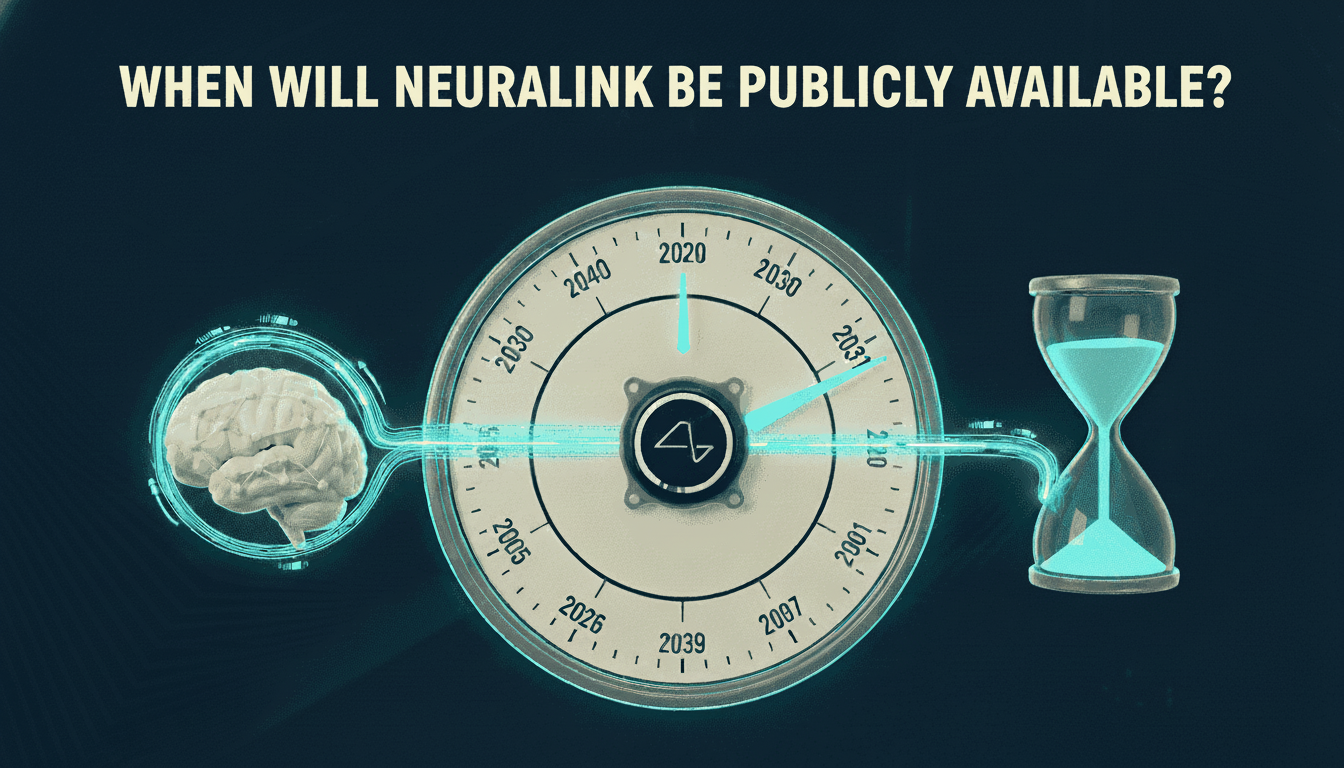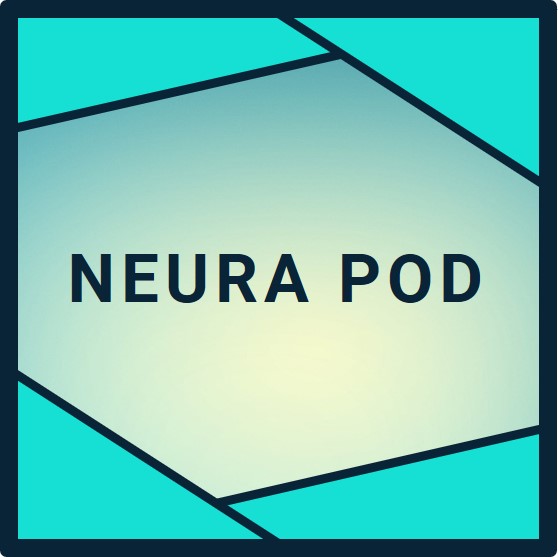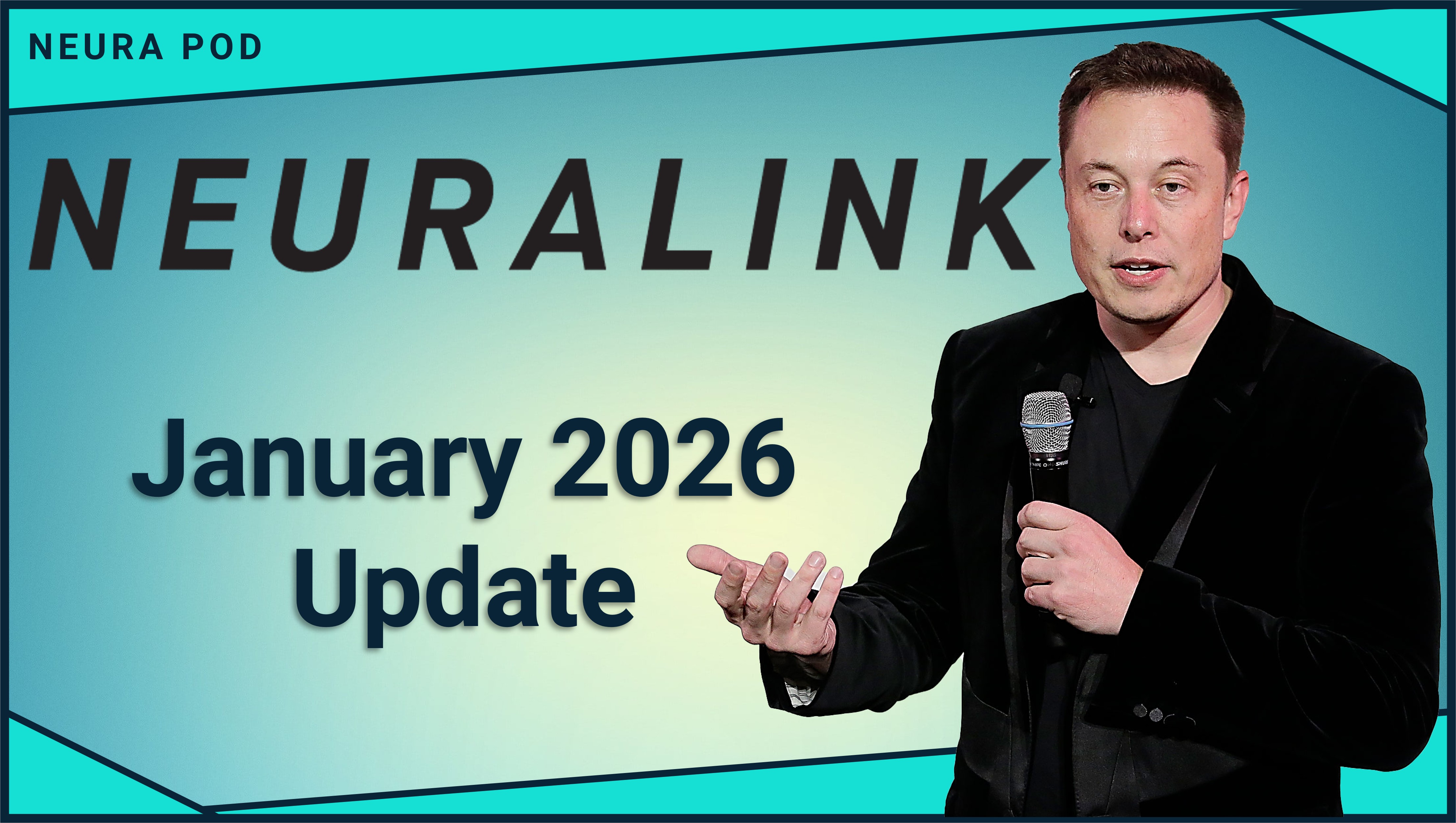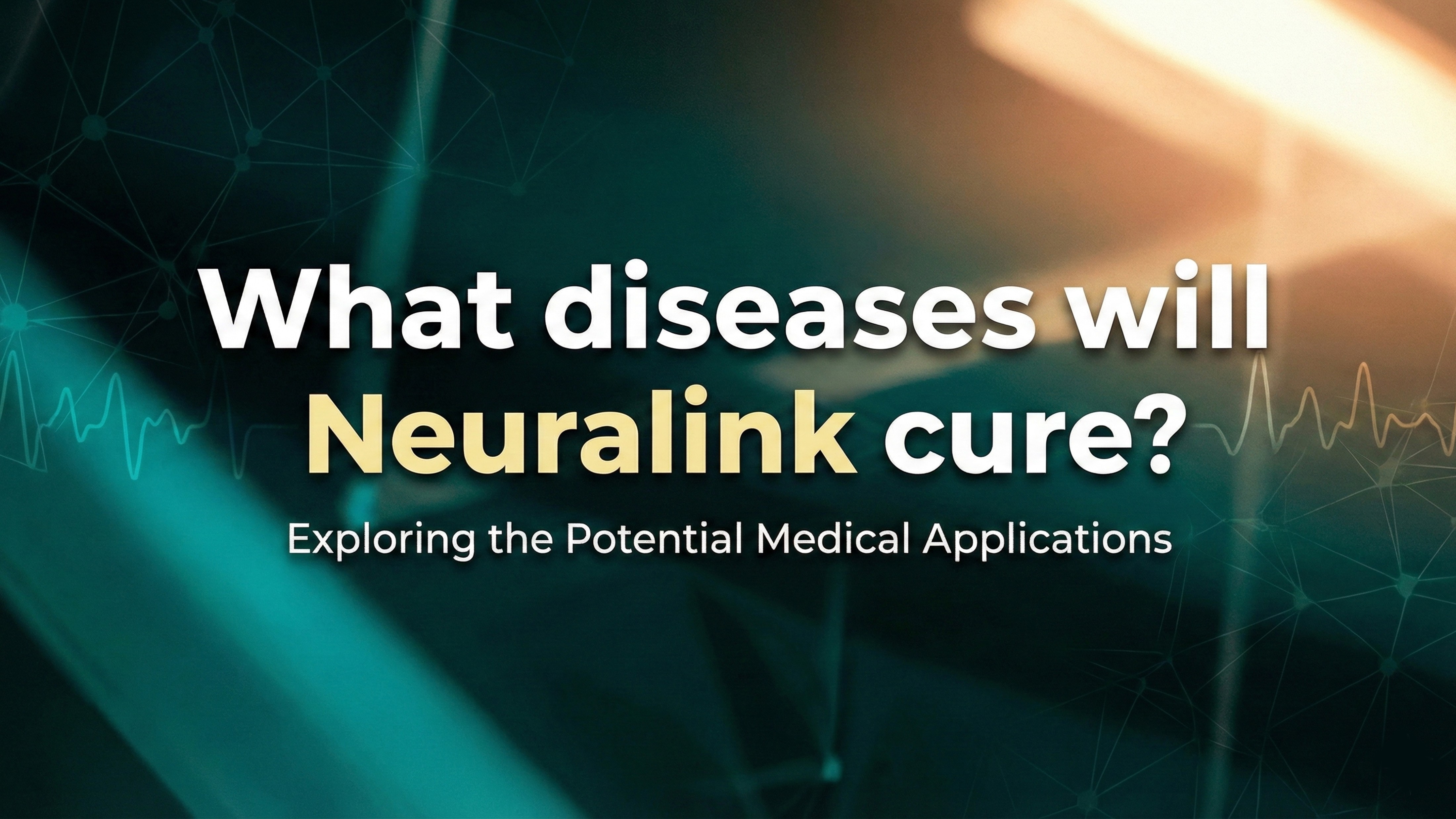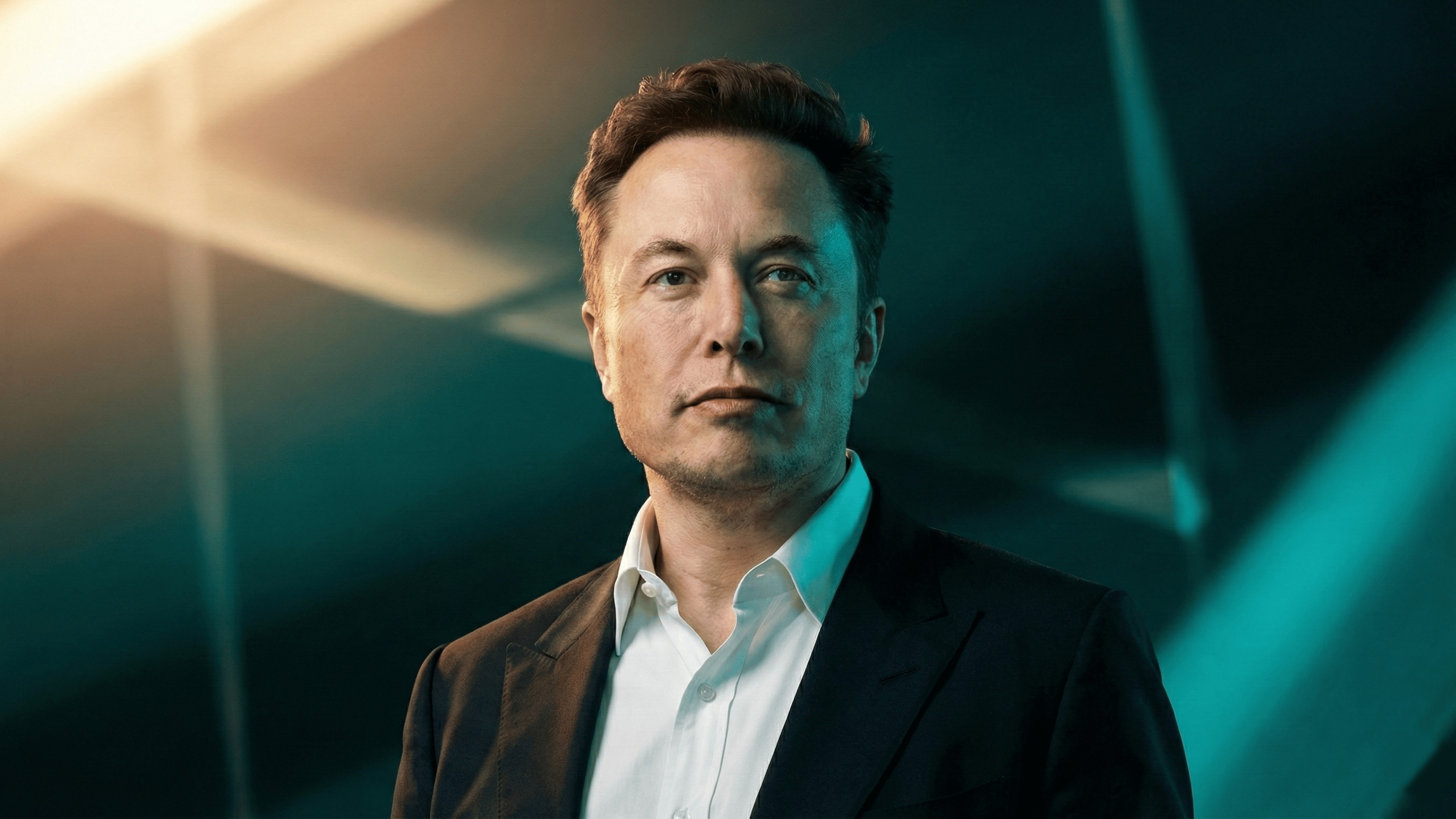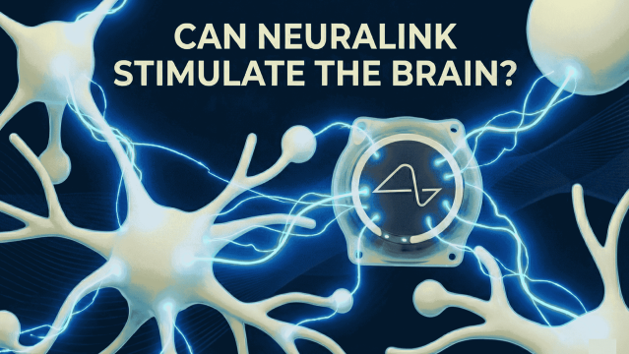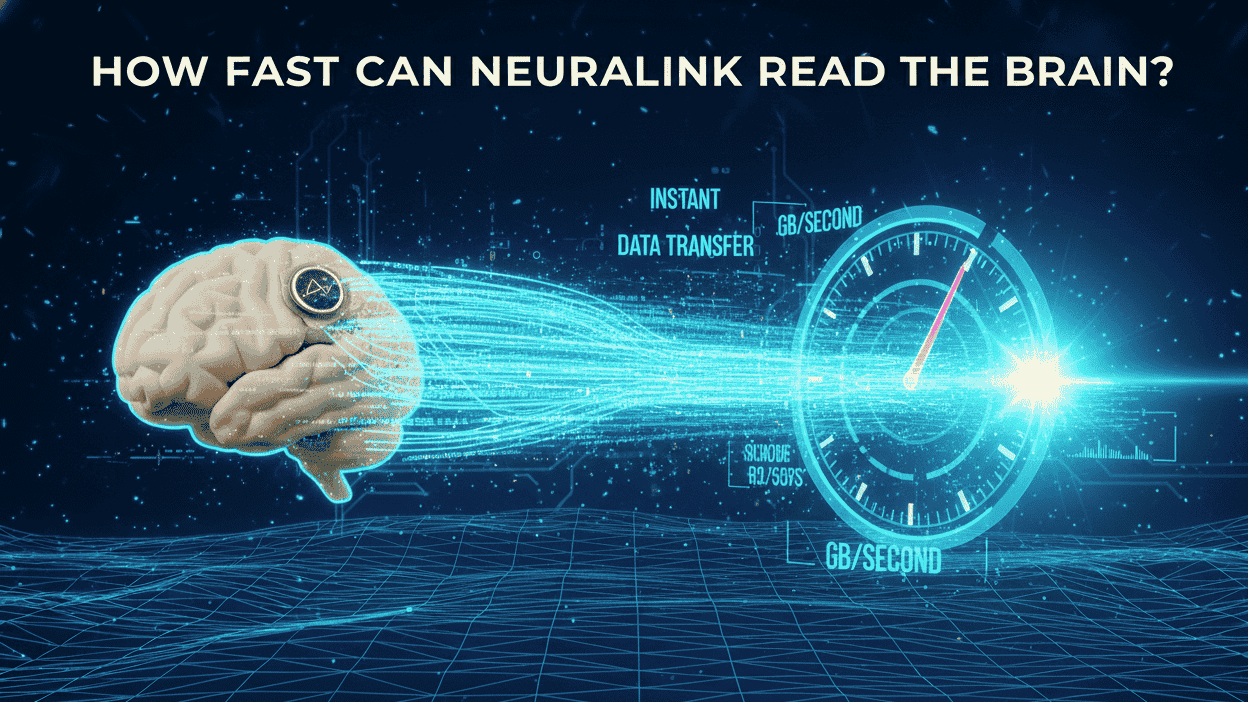- Neuralink plans initial commercial availability for patients with severe paralysis following year 2028, after completion of ongoing Phase 2 and 3 clinical trials.
- Expanded human implants to implant in ~20 total participants by the end of 2025 and dozens more in 2026, accelerating the path to FDA premarket approval.
- Elon Musk projects widespread access for medical needs within years, with broader public rollout post-2030 after proving safety across indications.
Current Human Trial Momentum
Neuralink's brain implants entered human testing in 2024 with the FDA-approved PRIME study, focusing on individuals with quadriplegia. By October 2025, the company has implanted several participants in the U.S., each demonstrating rapid post-surgery capabilities like thought-controlled cursors and 3D design. Yesterday, October 27, Neuralink announced its first U.K. participant, Paul, who has motor neuron disease and controlled a computer hours after implantation at University College London Hospitals.
International expansion includes Canada's first implants in August and September 2025 at Toronto's University Health Network, and active studies in the United Arab Emirates. One standout achievement: participant Alex became the first to control a robotic arm via thoughts, bridging digital and physical autonomy. These milestones reflect steady progress, with real-time neural activity visible immediately post-implant.
Elon Musk's direction emphasizes scaling implants safely, with patient registries now open globally for those with severe paralysis. This positions Neuralink to gather diverse data, essential for regulatory advancement.
FDA Approvals and Breakthrough Designations
The U.S. Food and Drug Administration granted Neuralink Breakthrough Device Designation in May 2025 for speech restoration in severe impairment cases, expediting review. A similar nod came in June 2025 for Blindsight, aimed at vision restoration. These designations prioritize Neuralink's devices, shortening typical timelines from years to months for key submissions.
The PRIME study's feasibility phase continues, with plans for 20-30 additional U.S. implants in 2025. GB-PRIME launched July 31, 2025, in the U.K., mirroring this focus. Post-feasibility, pivotal trials will generate data for Premarket Approval (PMA), the gold standard for high-risk devices like brain implants. Elon Musk's team leverages over-the-air updates for iterative improvements, maintaining momentum without repeated surgeries.
Roadmap to Commercial Availability
Neuralink outlines no fixed public launch date, prioritizing medical validation before commercialization. Current projections: at least two more U.S. implants by December 2025 and eight by end-2026 across studies. Phase 3 trials could begin 2026, followed by PMA submission in 2027.
Analysts anticipate first commercial release for paralysis patients in 2028, enabling thought-based device control. Revenue goals reach $1 billion by 2031, signaling scaled production. June 2025's $650 million Series E funding, led by ARK Invest and Sequoia, fuels manufacturing ramps.
International approvals will follow U.S. PMA, with U.K. and Canada trials providing parallel data. Elon Musk stresses this phased approach ensures reliability before broader distribution.
Challenges and Acceleration Factors
Regulatory hurdles remain, including long-term safety data over years. Competitors like Precision Neuroscience gained limited FDA clearance in April 2025, but Neuralink's high-channel count (1,000+ electrodes) sets it apart for complex tasks.
Boosters include Elon Musk's cross-company synergies- xAI for neural decoding, Tesla for robotics, and generally global patient recruitment. Summer 2025 updates showcased Telepathy for cursor control and Blindsight simulations, proving viability. Transparent demos, like the upcoming investor presentation shared publicly, build trust.
Elon Musk's Outlook for Mass Adoption
Elon Musk envisions Neuralink restoring autonomy today and enhancing human capability tomorrow. "In the years to come, this technology will be widely available," he stated in May 2025, starting with unmet medical needs. Recent posts affirm global expansion as a "step toward making our technology available to help people around the world."
Post-medical approval, enhancements for healthy users, like seamless AI symbiosis, could follow by 2030. Elon Musk's track record with Tesla and SpaceX underscores his ability to compress timelines through relentless execution.
TL;DR
Neuralink's implants are transforming lives in 2025 trials across the U.S., U.K., Canada, and UAE, with yesterday's U.K. milestone highlighting instant usability. FDA Breakthrough status fast-tracks approvals, targeting after 2028 commercial launch for paralysis patients and $1B revenue by 2031. Elon Musk drives global scaling, positioning Neuralink for widespread medical access soon and human enhancement next—restoring independence today, unlocking potential tomorrow.

